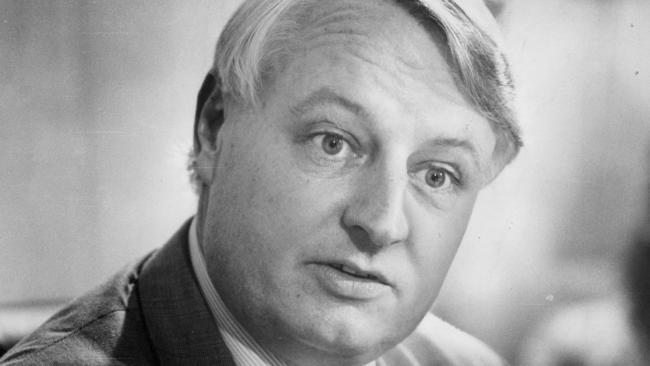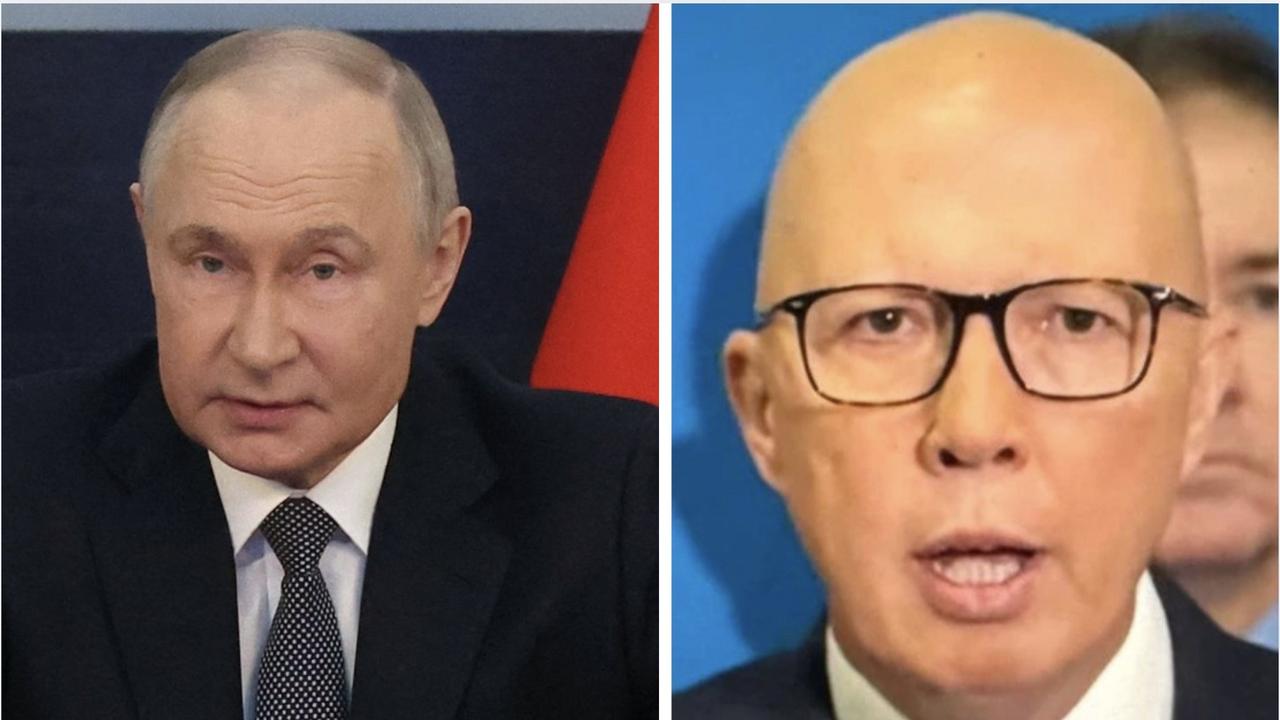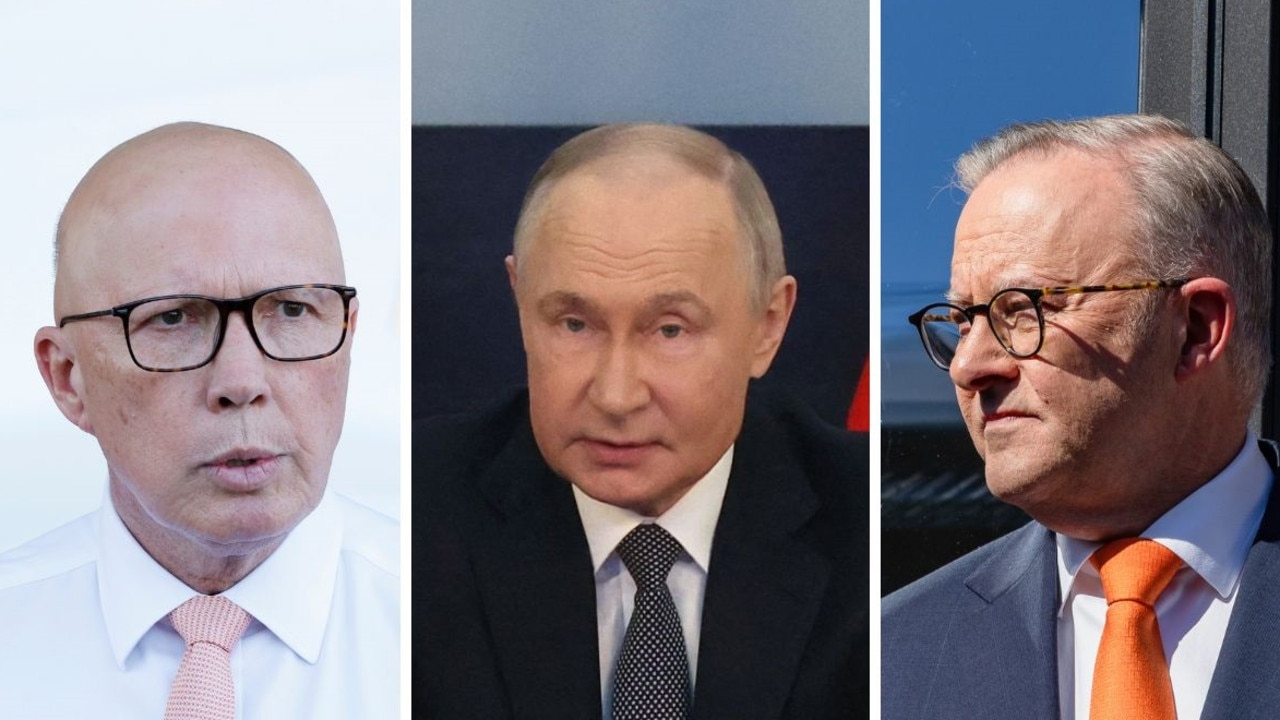Egg on face: Political blunders that cost pollies more than their dignity
POLITICIANS’ images are carefully managed, but things don’t always go to plan. These are the times they stuffed up royally.
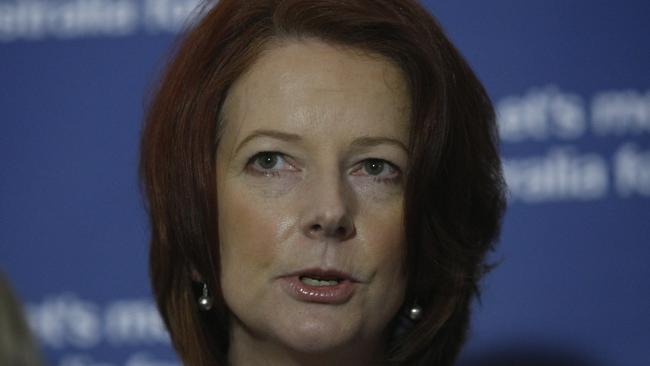
EVERY election campaign has its sprinkling of candidates who forget party policy, are shamed by past comments, or simply can’t hack it.
Usually they are newcomers to politics.
If it’s any consolation to them, whatever blunder is credited against their name, they can claim to be hugely competent compared to some of the disasters produced by their superiors.
He are four of the biggest.
REAL JULIA
A few weeks before election day in August 2010, Labor prime minister Julia Gillard suddenly announced she was changing character.
From then on, “the real Julia” would be campaigning. She was ignoring the directions given by her strategists and would be herself.
“Up to this point I’ve gone with the standard campaign model,” she said.
This of course left voters wondering who had been campaigning before. Which one was the impostor?
It was coupled with her excruciating meeting with Kevin Rudd, the man she had ousted as prime minister in June, at which voters were asked to believe they were besties. Mr Rudd’s grim features said otherwise.
But it was the Real Julia declaration that bothered voters and helped produce the hung Parliament.
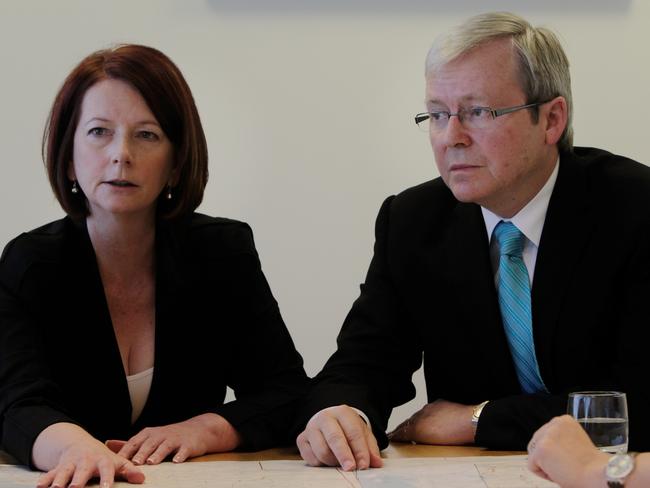
FAKE LETTERS
In the week before the March 1996 election, Labor treasurer Ralph Willis received a brown envelope, which contained what he swiftly decided was the information that would see opposition leader John Howard defeated.
The contents were two letters he believed had been sent to Mr Howard by Peter Costello, the deputy opposition leader, and Victorian premier Jeff Kennett.
The letter, attributed to Mr Kennett, said under a Howard government about $500 million would be taken from grants to the states to fund election policies.
Mr Willis called a press conference to display the letters and deliver what he thought would be the blow that would knock the Coalition out of the election contest.
And well they might have done had they been genuine. It was quickly established they were fakes. And Mr Willis had not consulted prime minister Paul Keating before releasing them.
That was the end of Labor’s limited election chances, and the end of Ralph Willis’s career.
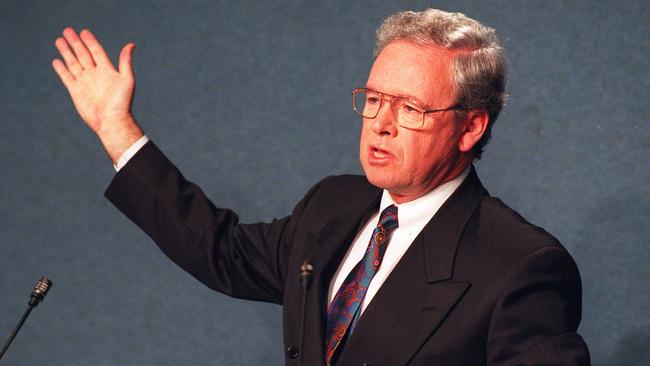
BIRTHDAY CAKE
In 1993, Liberal leader John Hewson decided it would be good to take his plans for a goods and services tax to a popular television program to answer all questions.
Dr Hewson was confident that once explained, he would doom Labor prime minister Paul Keating. Instead, he doomed his Fightback blueprint and his chances of an election victory.
The TV inquisitor was Mike Willesee, who really wanted to know what the tax would affect. He introduced the now infamous, election campaign-destroying birthday cake.
Willesee: “If I buy a birthday cake from a cake shop and GST is in place do I pay more or less for that birthday cake?”
Hewson: “Well, it will depend whether cakes today in that shop are subject to sales tax, or they’re not — firstly. And they may have a sales tax on them. Let’s assume that they don’t have a sales tax on them … then that birthday cake is going to be sales tax free …”
And that wasn’t the end of the saga.
Willesee: “No, but just on the, just on the birthday cake, because I’m trying to pick up a simple example. You tell us in what you’ve published that the cost of cake goes down, the cost of confectionery goes up, there’s icing and maybe ice cream, and then there’s candles on top of it.”
Hewson: “That’s right, now that’s the difficulty — that’s what I’m addressing in the question. To give you an accurate answer, I need to know exactly what type of cake to give a detailed answer. I mean if it’s just a cake from a cake shop that is not presently subject to sales tax, it will not attract the GST.”
Willesee: “But isn’t that —”
Hewson: “If it is a cake shop, a cake from a cake shop that has sales tax, and it’s decorated and candles as you say, that attracts sales tax, then of course we scrap the sales tax, before the GST is —”
And so it went on and on, with the operation of the Hewson GST on baked goods looking more and more incomprehensible.
Paul Keating later told voters if they didn’t understand it, don’t vote for it. Few understood the GST explanation.
Dr Hewson then went on to lose what had been called “the unlosable election”, in significant part because of that birthday cake.
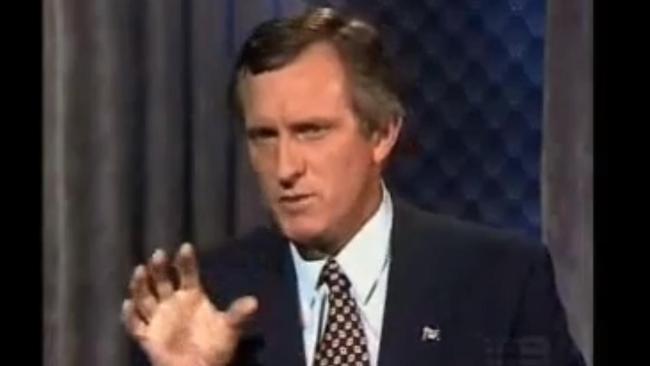
BLACK HOLE
The 1987 election was over well before polling day, thanks to an extraordinary example of what is now a campaign commonplace, the spending “black hole”.
But this was a real miscalculation.
Opposition leader John Howard was moving in on the Labor government of Bob Hawke. The double dissolution election had been called six months earlier than scheduled to exploit disunity in the Coalition.
It was a tough battle until one slip in sums made it certain the Coalition would not win.
In late June, treasurer Paul Keating found shadow treasurer Jim Carlton had made a basic blue.
He had double counted an item in his costings, meaning that the Coalition’s tax promises were out by hundreds of millions of dollars.
Effectively without a tax policy, the Howard opposition fought gamely but could not overcome that incident of clumsy arithmetic.
